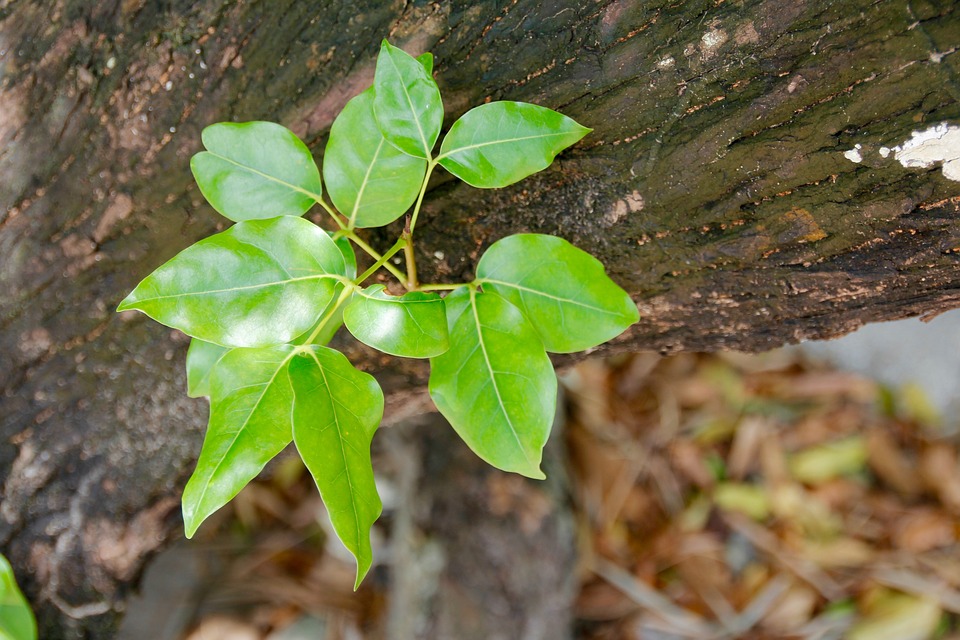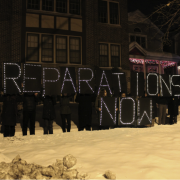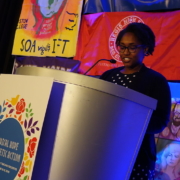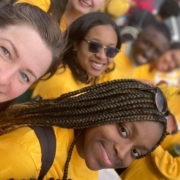Day 26: The Challenge of New Creation

Some Bible versions offer a slightly misleading translation of this week’s epistle reading.

Spring reminds us of how God in Christ has made all things new. How are you called to live in the new creation?
In 2 Corinthians 5:17, some translations state, “If anyone is in Christ, he or she is a new creature.” But Paul is actually saying much more than this. More accurate is the New Revised Standard Version, which indicates that it is not simply the individual who is a new creature, but in fact, “there is a new creation!” Or, as the New English Bible puts it, “there is a new world.”
That’s a pretty big difference. Apparently what Paul means to say is that when one is joined in baptism with Christ anywhere, an entirely new creation is coming into existence—much more than an individual merely having a change of heart.
What God has done in reconciling the world to Godself in Christ is to put to death all the divisions that arose from our separation from communion with God—thereby initiating a new humanity. However, the temptation that continues to deceive the church is not only to read this passage too individualistically, but also to forget our position in this new reality.
The new humanity resulting from our reconciliation to God and to one another is not a whitewashing of all persons into the culture and identity of the dominant group. It actually works in the other direction. As Gentiles, we are grafted into the Jewish body of Jesus, whose rejected life constitutes the new creation.
Beginning with the recognition that we are Gentiles first—and thus, outsiders graciously included into the reconciling work of God—can help destabilize a privileged white culture. It allows us to see that the new creation is not ours to impress upon others, but something we have been invited into as foreigners.
Today, it may be that white folks must learn first to recognize our precarious position and in doing so, rediscover how we might be ambassadors of unity in justice.
Reflection Questions:
1. How might recognizing my own gracious inclusion into the people of God allow me to engage racial division in new ways?
2. Does my view of God’s new creation infuse my interaction with others, especially those who don’t look like me?
3. What is my first step toward embracing a ministry of reconciliation in a church and society plagued by historical and ongoing racial divisions?
Dan Rhodes is Faculty Coordinator of Contextual Education and Clinical Assistant Professor of Social Justice at the Institute of Pastoral Studies, Loyola University Chicago.










Well said, Dan! I love this statement, “Beginning with the recognition that we are Gentiles first—and thus, outsiders graciously included into the reconciling work of God……” I believe we forget that Jesus was Jewish and that they are God’s chosen people. WE need to remember that WE have been accepted by God and therefore should do the same for ALL others. Thank you for your reminder!
Thanks Ange. Yes too often I’m guilty of taking it for granted that God includes people like me. And too often that serves to strengthen the subtle fabric of racial division we all operate upon in this society. Of course, it also completely distorts our vision of justice as well– as we tend to assume what we have is our right and what others get is more than likely theirs. You can see how things get quite nasty even most unintentionally.